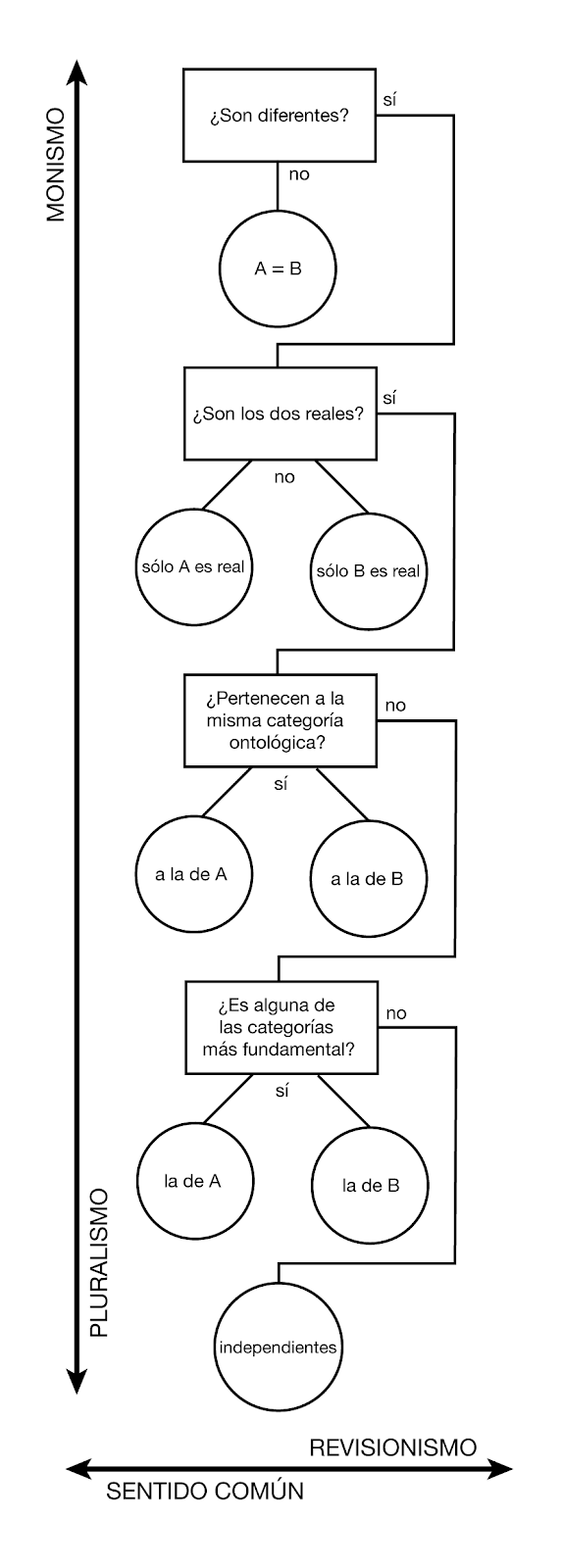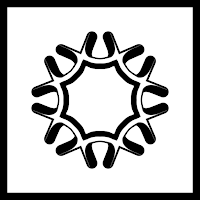Am I a philosopher or a logician?
Last week, I was invited to a workshop on logicality, where Ives Beziaú mentioned that it was a shame that we used the same word “logic” to name both the philosophical discipline and its subject matter. This, he insisted, is a problem common to other disciplines like history and geography. Other disciplines, like ornithology or meteorology – my example, not his – do not have this problem and thus we can say what their subject of study is without sounding tautological: ornithology studies birds and meteorology studies the atmosphere.
But what can we say about what logic studies? Well, it studies logic, of course! just like history studies history and geography studies geography. That is why it is very important to make a difference between logic as a philosophical discipline, with its theories, problems, concepts, etc. and logic as an aspect of reality, with its proper phenomena of propositions following one another, sets of them being consistent or inconsistent, etc.
Just as there is no scientific study of physical reality besides physics itself, there is no philosophical study of logical reality beyond logic itself. This is why most people have a hard time making a difference between logic and the philosophy of logic. Thus, if we are to look for a place for a philosophy of logic, this cannot be a philosophy of logic, the subject matter, but a philosophy of logic, the philosophical discipline. I think this explains why for a long time I was weary of including “philosophy of logic” among my areas of specialisation. The whole notion did not seem to me to even make sense, but now I understand that a big chunk of the work I do falls under “philosophy of logic” properly understood, that is, as a branch of the philosophy of science. What I am interested in is in the techniques and practices of the philosophical discipline known as “logic”: truth tables, inference schemas, formalisations, the kind of stuff we do when we do logic. Most, if not all, my writings on the philosophy of logic have dealt with these issues.
So, I have little to say explicitly about logic, the subject matter, or even about the question of what is the subject matter of logic, even though by working out why we do logic the way we do, a picture of what logic – the subject matter – emerges. The basic idea is as perhaps as old as logic itself – and the basics have been outlined both in my 2003 and 2014 papers: logic studies patterns of following. And, if I am right, one can give a very precise and simple characterisation of the general form of a phenomenon of following: two sets of logic-bearers A and B, at most one of which could be empty, such that, B follows from A, that is, there is a distinguished property –better known as a value – V for which from all the logic-bearers in A having property V, it follows that at least one logic-bearer in B has V as well. This, of course, is a generalisation of the notion of inferential pattern I developed in my 2008 paper using multiple-conclusion logic.


I do know your 2003 paper published in Dianoia, but what's the title of the 2014 paper?
ResponderBorrar“Verdad Lógica: Enfoqes Sintáctics y Semánticos”, en Patricia Díaz Herrera y Jesús Jasso Méndez (eds.) Problemas contemporáneos de filosofía. Universidad de la Ciudad de México. ISBN 978-607-7798-83-5. 2014. Pp. 73-96.
ResponderBorrar